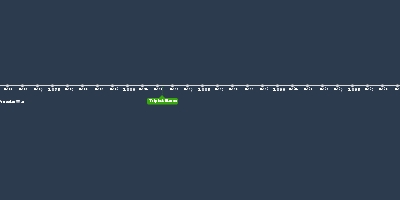Russo-Japanese War (8 feb 1904 año – 5 sept 1905 año)
Descripción:
- When Japan and Russia clashed over their interests in Korea and Manchuria, Japan went to war, with a surprise attack against the Russians in 1904- It was successful in its land battles, although with great loss of life; however, it was the war at sea that was decisive
- The Russian fleet sailed halfway round the world from its base in the Baltic Sea to Vladivostok
- When it arrived in the Tsushima Strait, it was destroyed by Admiral Togo and the new Japanese fleet
- The Russians were forced to accept the Treaty of Portsmouth
- Many Japanese were disappointed with the terms of this treaty as they had been led to expect much more
- However, Japan gained control of Korea and much of South Manchuria, including Port Arthur. It also gained railway rights in Manchuria along with the southern half of Sakhalin Island
- The war earned Japan not only the respect of the West but also the admiration of other Asian countries, who saw the Japanese as a role model for how they, too, might take on the West and win. It also affirmed Japan’s own belief in its destiny as leader of Asia.
- Some Japanese were worried about the impact that such imperialism was having on Japanese society
- The cost of the wars had an impact on its economy, and the need to defend its new territories brought with it the demand for a stronger army and fleet
-
Añadido al timeline:
fecha:
8 feb 1904 año
5 sept 1905 año
~ 1 years and 6 months
